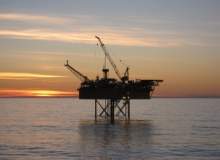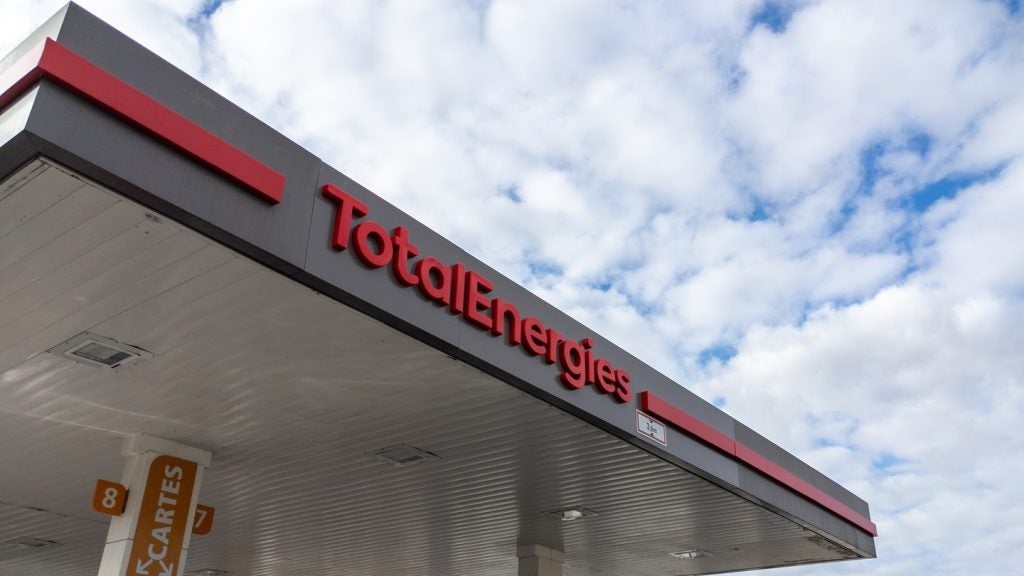

A Deloitte Access Economics report into the economic pressures in Australia’s offshore oil and gas marine support sector in August 2013, commissioned by the Australian Mines and Metals Association (AMMA), found that rising wages, as well as increasing operating costs, productivity issues and macroeconomic challenges, are having severe consequences on the competitiveness of the industry, as well as the country’s wider economy.
Australia’s Maritime Union (MUA) struck back at the report the following month, claiming it contained “flawed research” and that it was a ‘political set-up’, designed to strengthen the industry’s bargaining hand in wage negotiations. The MAU responded with its own report, carried out by BIS Shrapnel, stating differing statistics to Deloitte’s.
AMMA executive director, Scott Barklamb, offers his thoughts on both Deloitte’s original report and BIS Shrapnel’s riposte.
Elly Earls: Why did you decide to commission the recent Deloitte report?
Scott Barklamb: Since January, AMMA has been representing 19 vessel operator companies in negotiations to set the wages and conditions for workers in the offshore oil and gas maritime sector for the next four years. This group of vessel operators supported AMMA in commissioning the Deloitte analysis because they all felt it was critical to build a factual basis for discussion about their commercial challenges amid the shifting economic conditions in Australia’s offshore oil and gas marine support sector.
The Deloitte Access Economics report provides a very important basis, from a well-respected and independent economics firm, to facilitate this responsible approach.
How well do you really know your competitors?
Access the most comprehensive Company Profiles on the market, powered by GlobalData. Save hours of research. Gain competitive edge.

Thank you!
Your download email will arrive shortly
Not ready to buy yet? Download a free sample
We are confident about the unique quality of our Company Profiles. However, we want you to make the most beneficial decision for your business, so we offer a free sample that you can download by submitting the below form
By GlobalDataEE: What are the long-term consequences for the marine support sector if wages continue to increase?
SB: It is critical that these companies are competitive in an international business environment. The viability and sustainability of these employers relies on controlling cost pressures in an already high-cost industry. It would be impossible to achieve this based on some of the union’s claims, particularly when the Deloitte Access Economic report found that:
– On a ‘per vessel’ basis, wages and total expenses have increased by around 40% since 2007-08, while revenue has increased by only 8%;
– Between 2008-09 and 2009-10, the sector’s profits fell by 27% while at the same time wage costs grew by around 19%;
– Profit per vessel in 2011-12 was half the level recorded in 2007-08;
– Since 2007-08, wages and total expenses have doubled while revenue increased just 50%;
– Profit was more than 26% lower in 2011-12 compared to 2007-08.
The results show the viability of the vessel operators has been tightly squeezed in recent years as the cost of labour rose sharply. The MUA needs to work with AMMA and the vessel operators on a new agreement that not only gives the workers a good pay rise, but also works to help to turn these worrying results around.
EE: Are there likely to be detrimental effects to the wider economy if wages continue to rise?
SB: These vessels operators provide a range of maritime services to a number of Australian oil and gas projects, many of which are unprecedented in terms of capital value to the Australian economy and long-term employment opportunities for Australian people.
As they build world-class oil and gas assets and work towards securing Australia’s export strength for decades, the operators and construction contractors of our nation’s offshore projects are employing thousands of Australian workers.
The Australian Government’s BREE agency estimates the value of offshore oil and gas projects being built between now and 2018 at $160 billion in capital spend and 30,000 new jobs for Australian workers.
The flow on economic and employment benefits of these projects are significant, with sources including the Australian Government and the Reserve Bank estimating each new resources job creates an additional three jobs in the downstream servicing sectors.
EE: The Maritime Union has hit back at the Deloitte report. What is your response?
SB: AMMA categorically rejects any suggestion that this report is politically motivated. Deloitte Access Economics is one of Australia’s most highly respected and leading economics firms; the quality and breadth of their work speaks for itself.
Unfortunately, the Maritime Union of Australia (MUA) has shown in the past that it will take damaging strike action in support of their industrial agenda, regardless of how unrealistic or irresponsible its claims are.
For instance, when last bargaining with the MUA in 2009, the union used a series of destructive strikes to extract wage increases that defied precedent or common sense. Some medium-sized vessel operator employers were losing $750,000 each day to the MUA’s strikes. In 2010, a deal was finally struck that secured the union 30% pay increases for seafarers already earning well in excess of six figures for working six months of the year.
The outcome has since proven a major contributor to the competitive decline of Australia’s oil and gas sector. Only recently we have learned of more cost blow outs at some of our nation’s most important LNG projects and, while not the only factor, wage costs are still a very significant driver of this outcome.
As highlighted by the Deloitte report, Australia has become a high cost, low productivity place to build mega-LNG projects and we need to ensure this round of negotiations is the turning point for reversing this worrying trend.


.gif)





